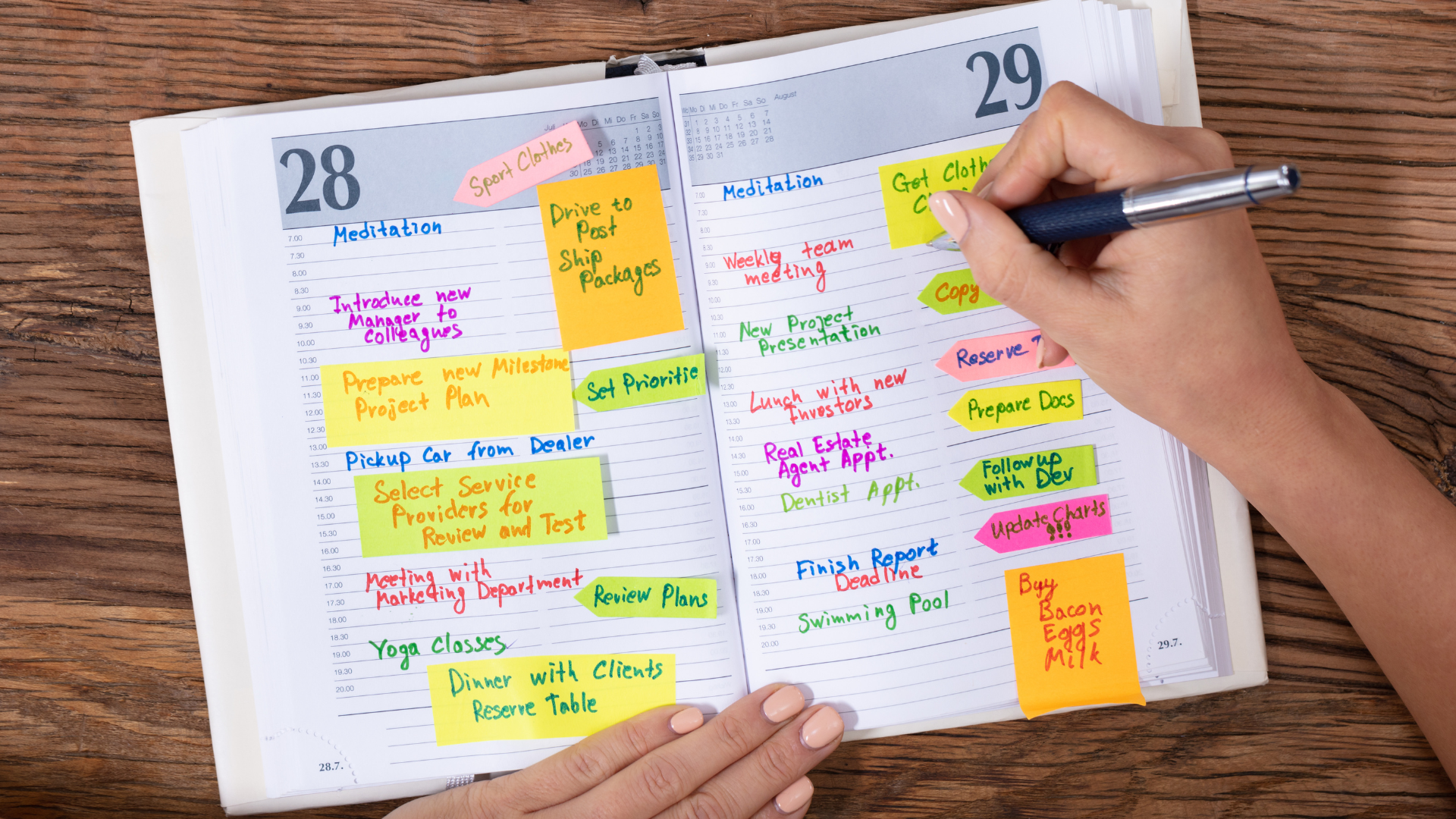Mid-Year Motivation: Reignite Your Goals This June
June marks the halfway point of the year—a perfect time to pause, reflect, and recommit to your goals. Whether you started the year strong or lost momentum along the way, it’s never too late to realign with your purpose. At Fordham Institute Inc., we know that life gets busy. Between work, school, family, and personal struggles, it’s easy to lose sight of why you started. But here’s the truth: your goals still matter—and your future is still waiting.
1. Reflect Without Judgment
Before rushing to set new goals, take a breath and ask yourself:
- What have I accomplished so far?
- What’s been working?
- What needs to shift?
Reminder: Progress isn’t always linear. Even small steps forward count.
2. Reconnect with Your “Why”
Why did you start training to become an HHA or CNA? Was it to build a better life? Help others? Gain independence?
Your ‘why’ is your fuel. Write it down. Put it where you can see it. Let it guide your next steps.
3. Set One New Intention
You don’t need to overhaul your whole life. Start small. Choose one new habit or goal for the rest of the month:
- Commit to studying 30 minutes a day
- Get more rest
- Apply to one job each week
Success is built on consistency—not pressure.
4. Clear the Mental Clutter
Sometimes the problem isn’t time—it’s distraction, comparison, or overwhelm. Reclaim your focus by limiting what drains your energy (hello, endless scrolling!) and nurturing what lifts you up.
Try this: Replace 15 minutes of screen time with a walk, journaling, or a mindful moment.
5. Ask for Support
Whether you’re a current student or thinking about enrolling, you don’t have to do it alone. Fordham Institute Inc. is here to support your journey—no matter where you’re starting from.
Call us. Ask questions. Lean on your community. We’ve got you.
Your Year Is Not Over
This June, give yourself permission to begin again. Reset your mindset. Refresh your routine. Reignite your goals.
📞 Call us at (718) 480-1804 if you’re ready to enroll or have more questions
The second half of the year is wide open—and it can be the best part yet. Let’s keep going.





